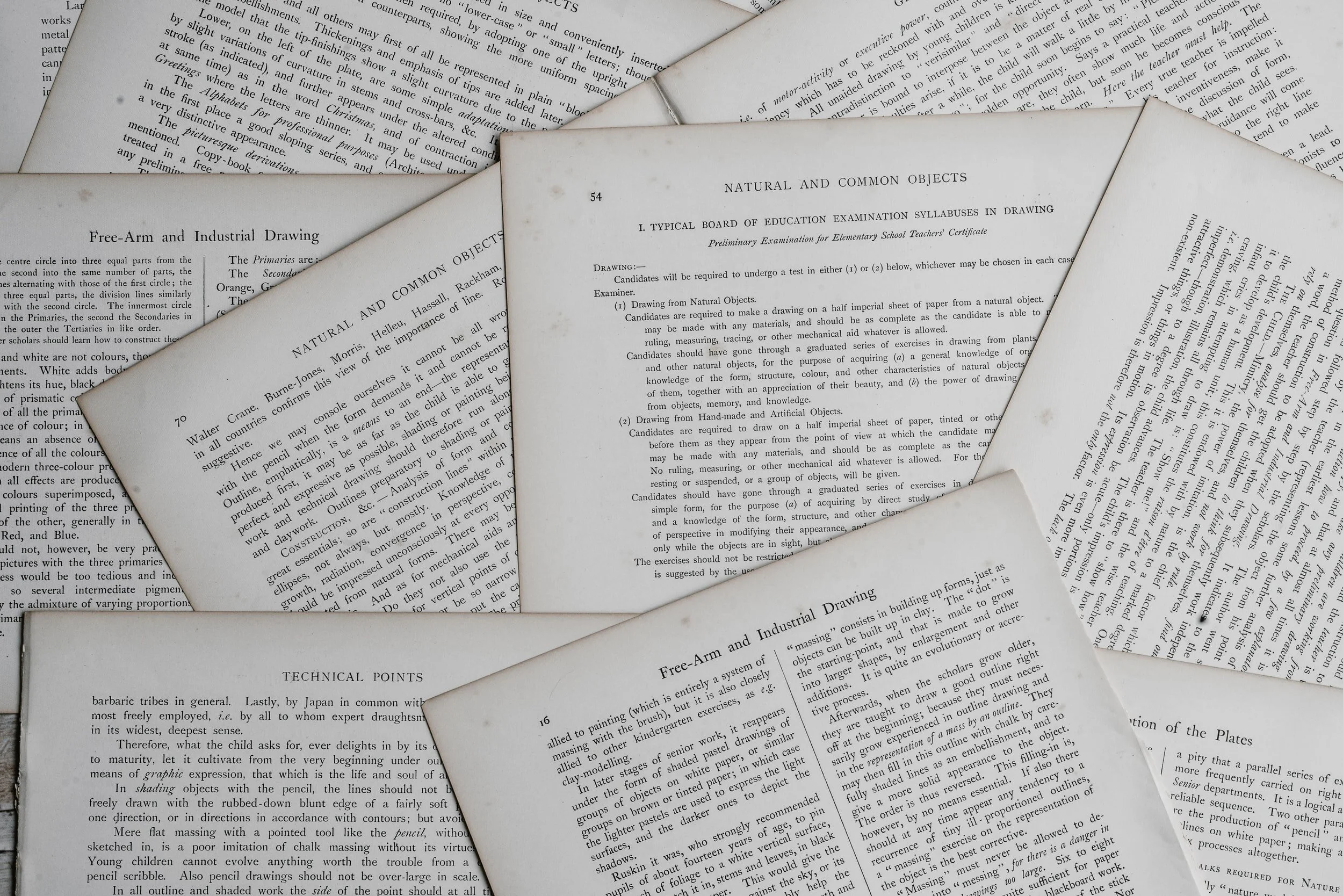The First 10 Pages
I sometimes remember something I used to do and ask myself, "How and why did I stop doing that?" That's when I realize I'm a thousand miles away from my true self. At some point along my journey, I veered off course by thinking I needed to become the human others thought I should be.
In those times, I fell for the belief that my life choices should be based on what others think about me. As a result, I found myself living someone else's story instead of writing my own. Every time this has happened, I've settled for what or who came into my life first. When instead, I should have focused on determining what or who was best for me.
I've discovered it's best to choose to pursue what I feel is right for me and avoid being the victim of the hallucinations of others. I prefer to share the journey with those who complement my life — not those who complicate it.
I have a rule. I read the first ten pages of a book, and I stop if those pages aren't great. It's a wake-up call when you're halfway into a mundane, 100-year tome called life (if you're lucky) and haven't put the book down because you're afraid to write your own story.
It's time to stop reading and start writing. Ask yourself, "What would keep me reading past the first ten pages?" Maybe it's a matter of writing the last chapter first. Then, complete your story so the final chapter becomes inevitable.
I frequently tell myself and my clients, "Put your mask on before attempting to help others." Of course, this idea comes from the preflight announcement given by flight attendants. This concept is not selfish and doesn't infer you should only think of yourself. It's about ensuring that you are the best human you can be so you can help others do the same.
I believe when you help others get what they want, you will get what you want. I'm not saying that you should expect something from a human because you helped them — in fact, I strongly advise against that. When you help someone, there shouldn't be any strings attached. A "thank you" is nice to hear, but your focus is in the wrong place if you expect gratitude. Gratitude should derive from knowing that you were able to help them. It's that feeling you get because you helped another human being, not because they said, "thank you."
I tell you this because if you rely on others to make you feel a certain way, you'll tend to do things to elicit that feeling from them — moving you away from your true self.
Although I'm grateful for the birth of my children and would never change a thing if I had to make them again, my first marriage was not my own. In hindsight, I proposed, had a big wedding, and struggled through some challenging times because that's what I thought I was supposed to do. I modeled my life after high school according to what I believed was expected of me: go to college, get a good job, get married, and have kids.
One evening, after ten years of marriage, I was sitting on the sofa watching television. My wife at the time walked through the living room and asked, "Is everything okay?"
I imagine that's the moment I unknowingly reached the point of enough is enough. I looked up and answered, "I don't want to be married to you any longer." And the following weekend, I found a condo and moved into it. It was a nightmare divorce, but it was the beginning of finding me. Although some humans viewed me as Lucifer, I felt a sense of relief. I was at the beginning of writing my own story instead of living a story another human wrote for me.
I went from 196 pounds to 164 pounds in just a few months. I designed my condo to match my sense of style. I purchased art to hang on the walls that made me smile every time I looked at it. My furniture was black leather with chrome accents. And I painted the walls a color that made me feel at home.
These changes marked a significant moment in my life — the moment I no longer defined myself by what others wanted for me.
I'm not recommending that you divorce your partner. My journey to finding myself was a more significant change than most will need to get back on track toward their true self. I required a complete reset.
I still veer off course sometimes, but now I recognize it much quicker and bring myself back. The tool that helps me do this is journaling. I've talked and written about journaling many times — it's a critical practice of mine. As you journal, you gain a unique perspective of your life, one which can be examined better in writing than if you were just thinking about it in your mind. It helps you move from a subjective to an objective viewpoint. It also allows you to look at your life over time, allowing you to discover patterns before they become problems. Journaling also offers you an opportunity to take your life in a new direction — design your life instead of letting it happen to you.
You only live one lifetime. Do you want that time to be filled with what you're passionate about, or do you want someone else to decide what's best for you? My advice is to find humans who share your passions instead of attempting to fit into their hallucination of life or making them conform to yours. As a result, your life will be much more fulfilling.
